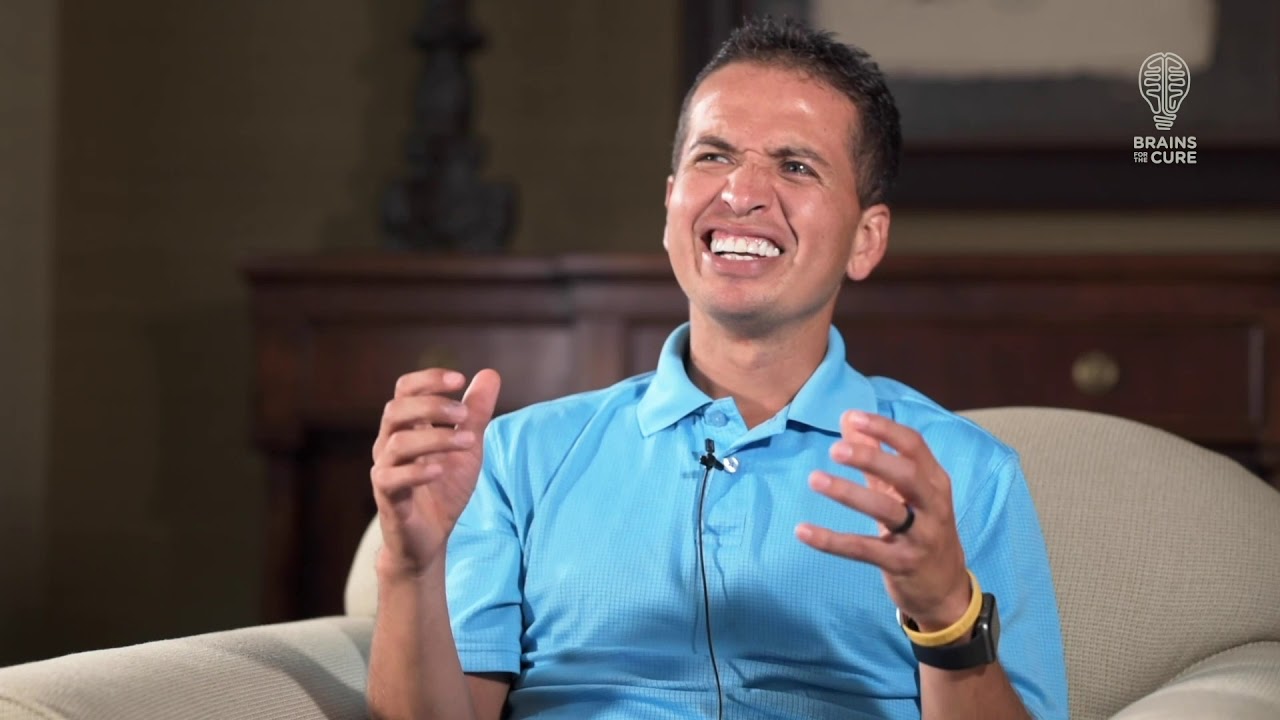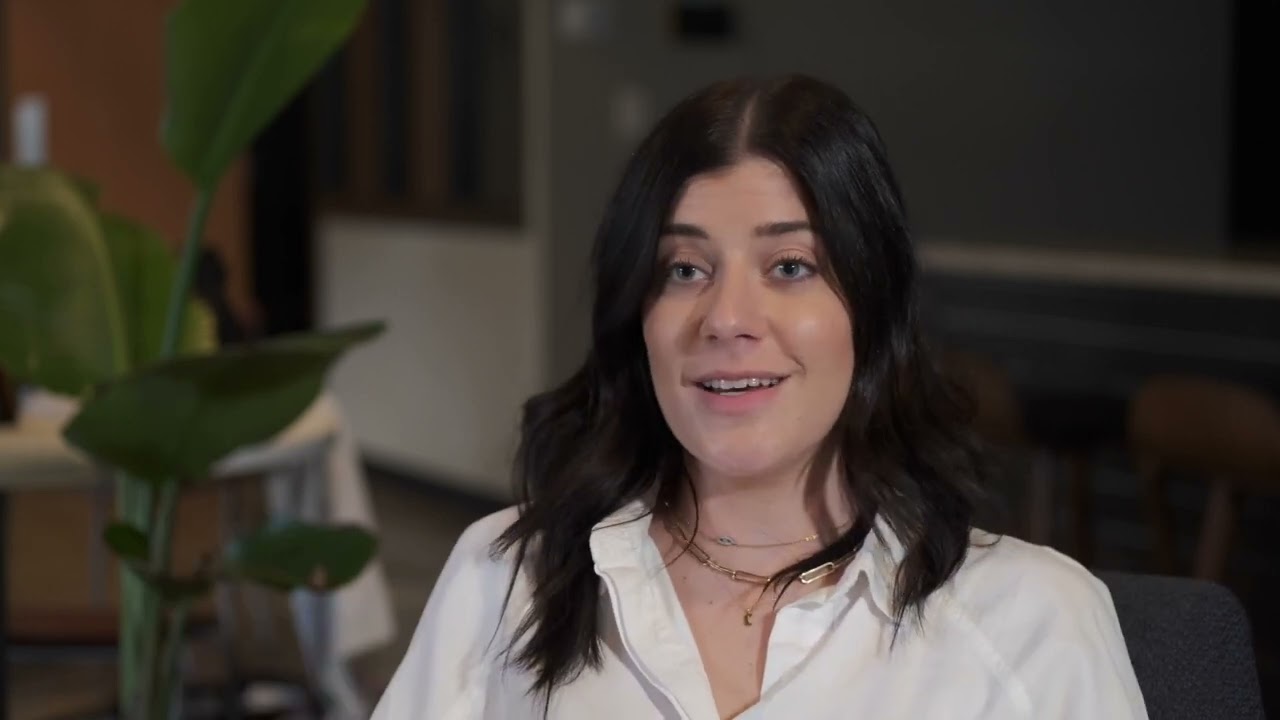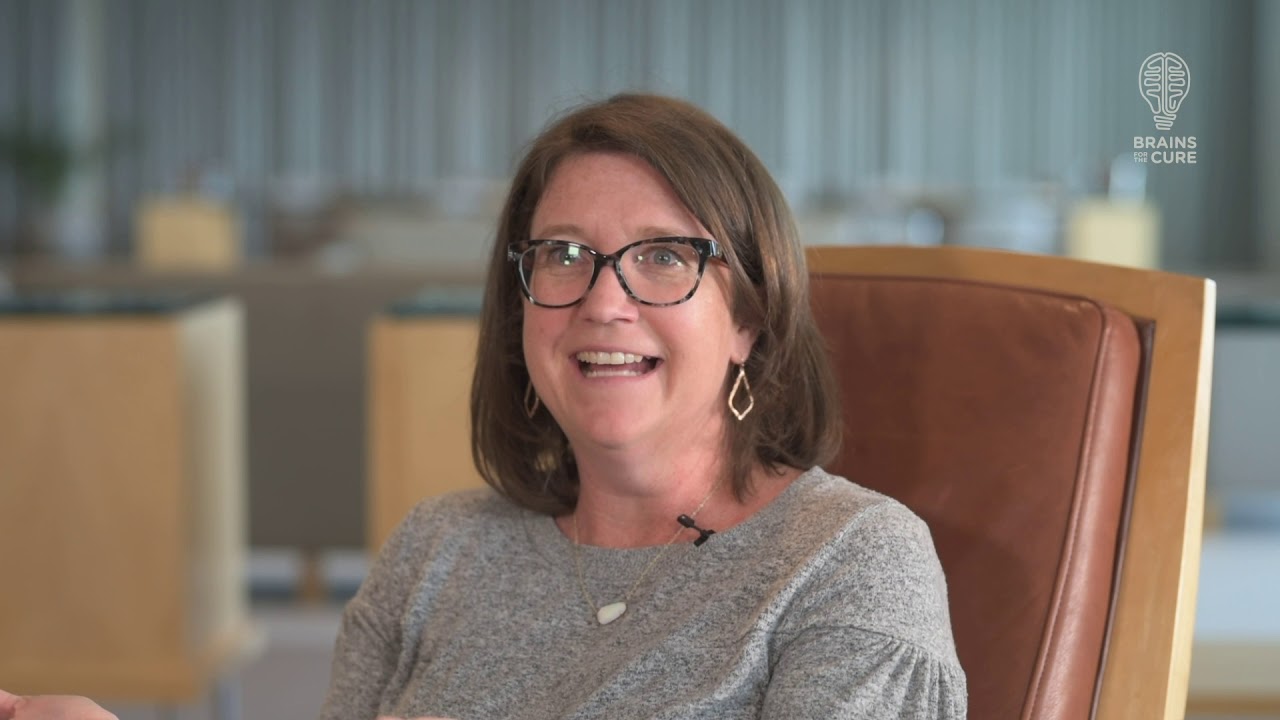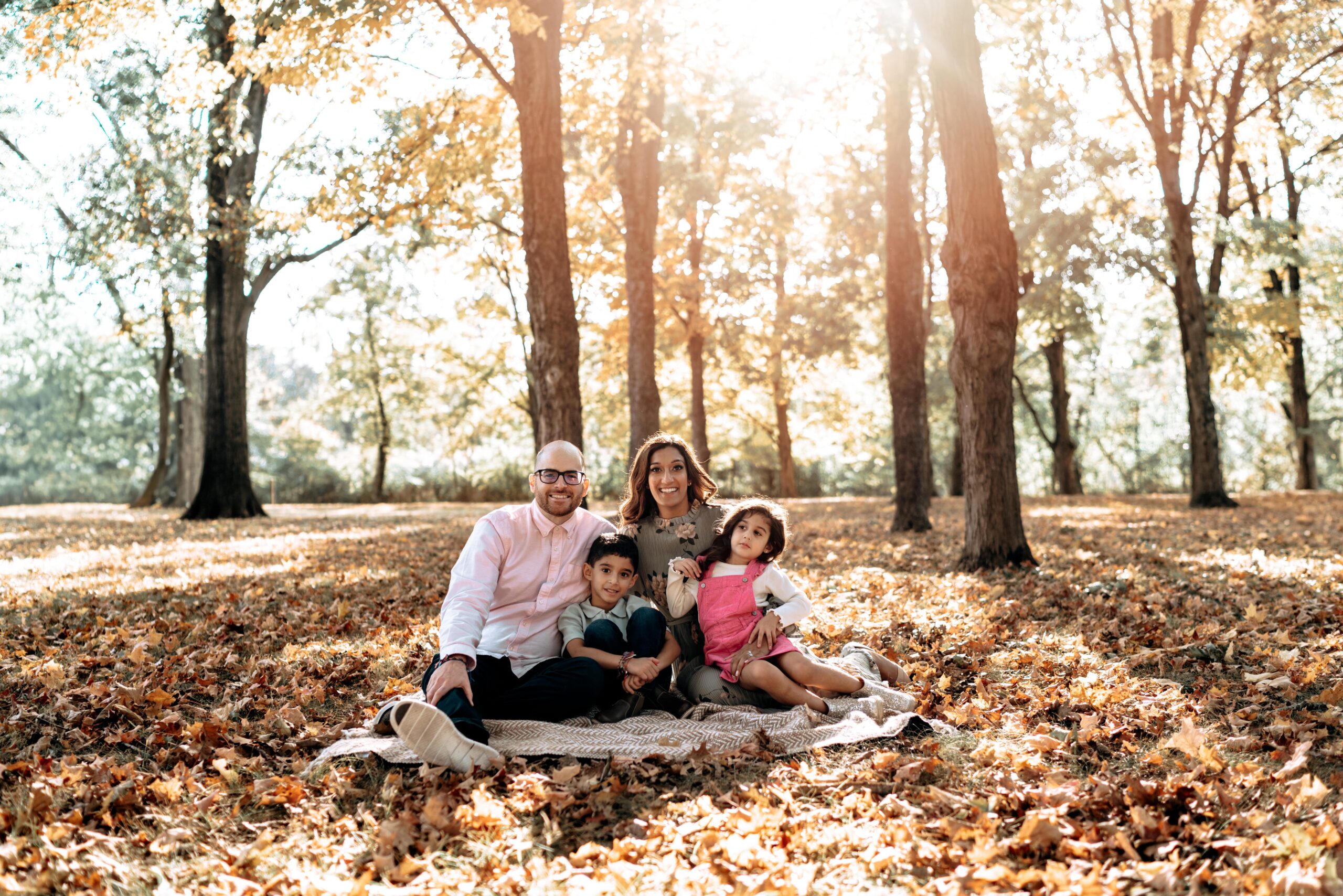Coping With The "What Ifs" and “Watch and Wait” Feelings Associated With Brain Cancer
A brain cancer journey is marked not only by the physical challenges but also by the relentless barrage of “what ifs” and the weight of the watch-and-wait moments. In this article, we’ll delve into the depths of these emotions and explore strategies for navigating them with resilience, hope, and courage.The “What Ifs”: “What if…” – two simple words that hold within them the power to unleash a torrent of anxiety and uncertainty. What if the treatment doesn’t work? What if the cancer spreads? What if the cancer comes back? Each question is like a dagger to the heart, threatening to …
April 11, 2024



